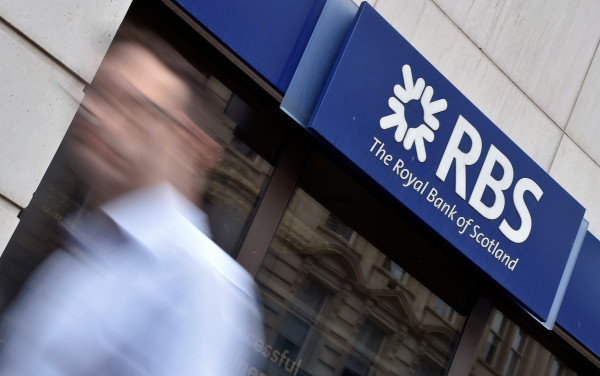

The chief executive of Royal Bank of Scotland has said it is not possible to give a "yes or no" answer to the question of whether it accepts the findings of a review into its treatment of small businesses.
Appearing before the Treasury select committee today (30 January), Ross McEwan was asked whether he stood by his previous disagreements about the contents of the report.
The review was completed in 2016 and found that while RBS did not set out to artificially engineer the transfer of companies to its business support division, there were "isolated examples" of poor practice.
These include the failure to support SME businesses "in a manner consistent with good turnaround practice" and focusing too much on pricing increases and debt reduction "without due consideration to the longer-term viability of customers".
When asked whether he stood by his disagreement with the report's contents, particularly its claims there was widespread inappropriate treatment of SMEs.
Mr McEwan said RBS accepted the report but the question of whether he stood by his previous disagreements could not be given a "yes or no" answer.
He said: "There are absolutely cases here where we just did not get this right and our staff did not get this right. I agree with what I wrote and therefore the answer is that I disagreed with what was written in the report."
Mr McEwan added: "We have accepted the report and we have moved on. I was asked to write on what the points of disagreement were. I wrote and put forward the points of disagreement.
Sir Howard Davies, the chairman of RBS who appeared alongside Mr McEwan, added: "There are disagreements with the background and analysis on a lot of individual cases which are very complex individual cases.
"It is clear that as far as the recommendations of the report are concerned, we no longer think it is useful to have an argument about that. They have made a series of recommendations, we are accepting those recommendations and getting on with it."
Sir Howard added that the bank "completely accepted" there were cases where some aspects of its practice were too complex for its clients to understand, such as fees.
He added that he was "acutely embarrassed" by internal documents which listed 16 ways to get income from turnaround activity.
Sir Howard said: "They were found by the bank itself in the course of the review and handed over. They are the stuff of which nightmares are made as far as a chairman or chief executive are concerned.
"It is quite hard to believe how someone could have written in such a way about a customer. We can do nothing but abase ourselves as far as that is concerned. It is absolutely awful."
Tony Boorman, managing director of Promontory Financial Group, was appointed by the Financial Conduct Authority to carry out a skilled person report into claims RBS had artificially distressed otherwise viable businesses, appeared before the select committee earlier today.
Earlier this month the FCA responded to the RBS case by publishing plans to allow SMEs to lodge complaints about financial services companies free of charge and pursue redress of up to £150,000 without resorting to the courts.
damian.fantato@ft.com



